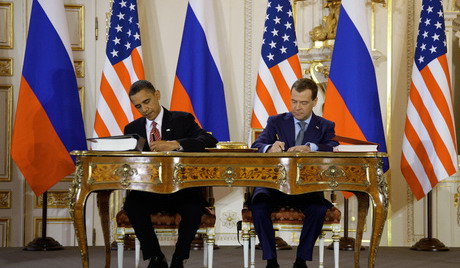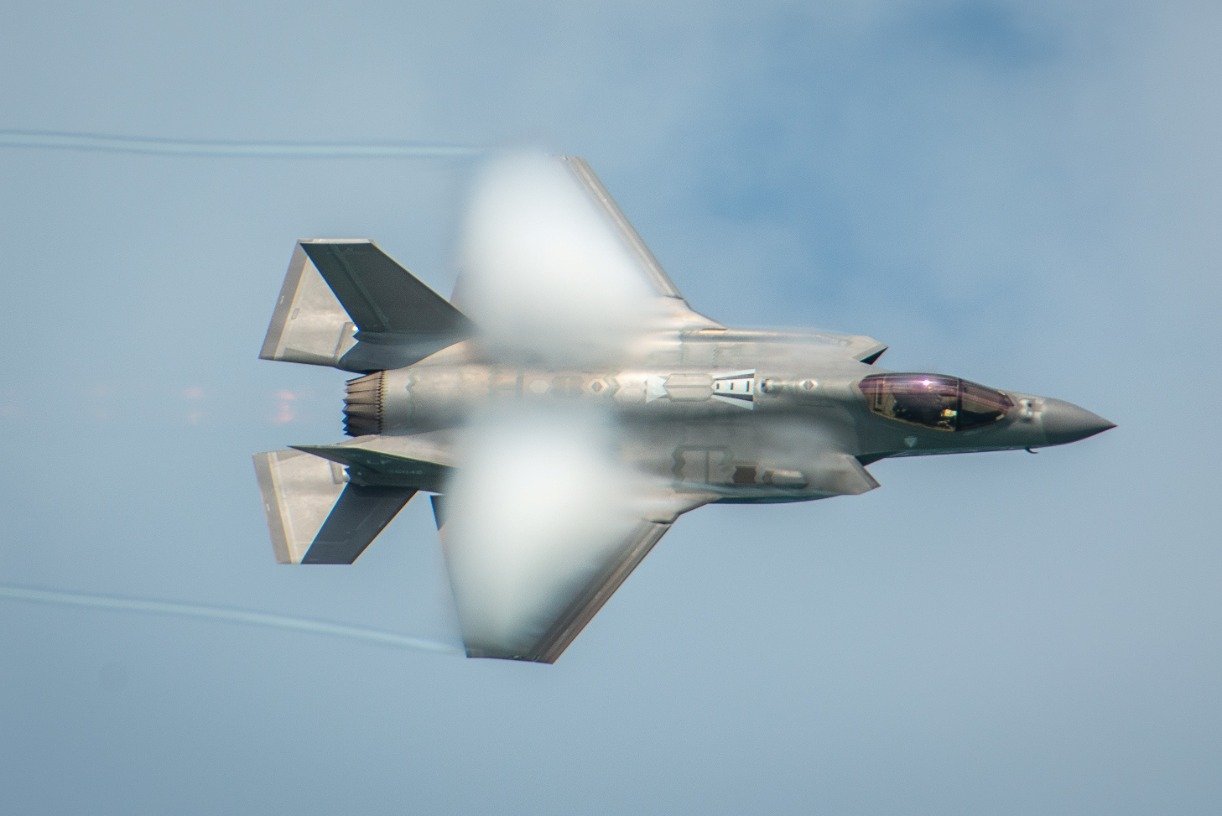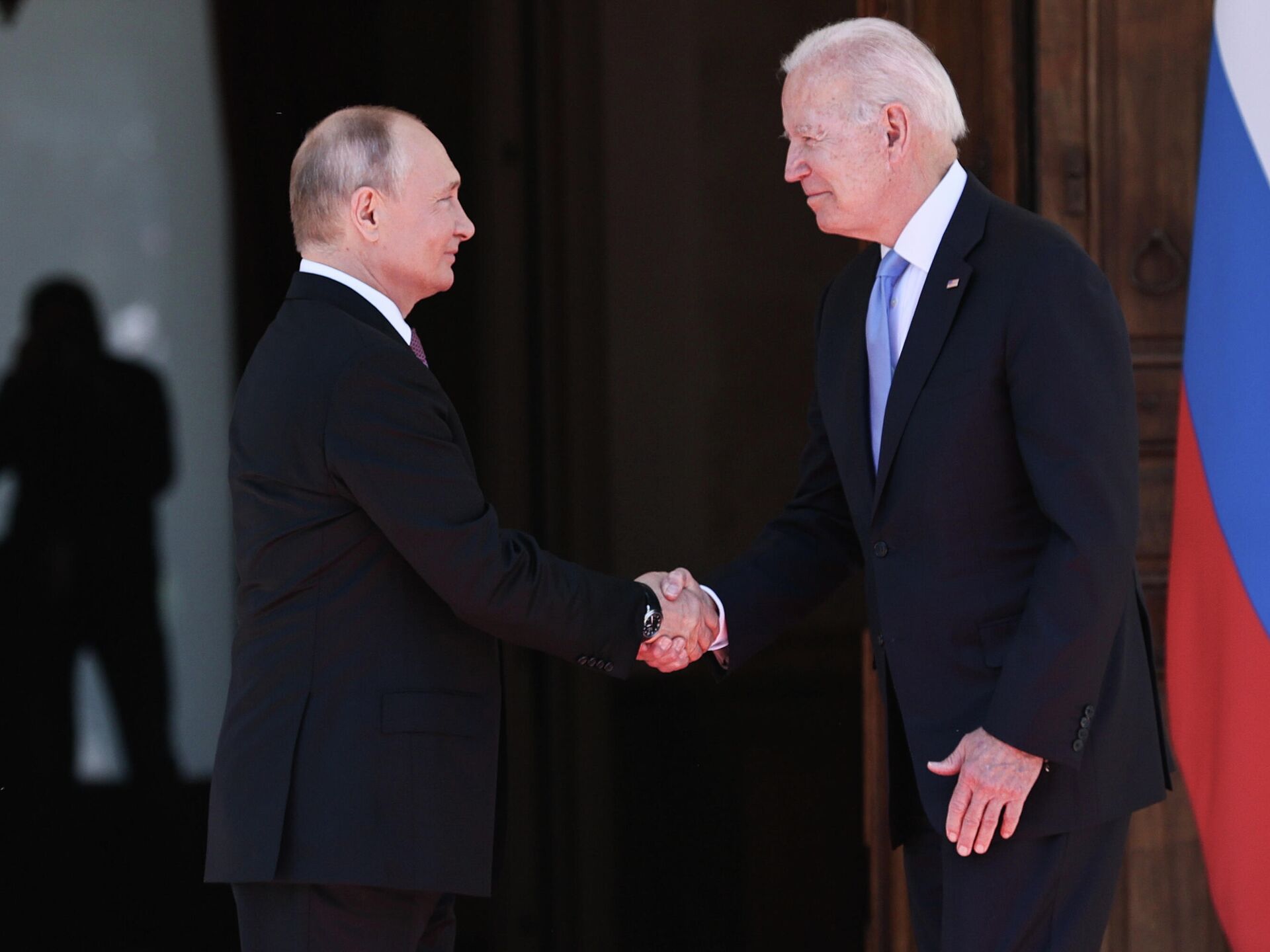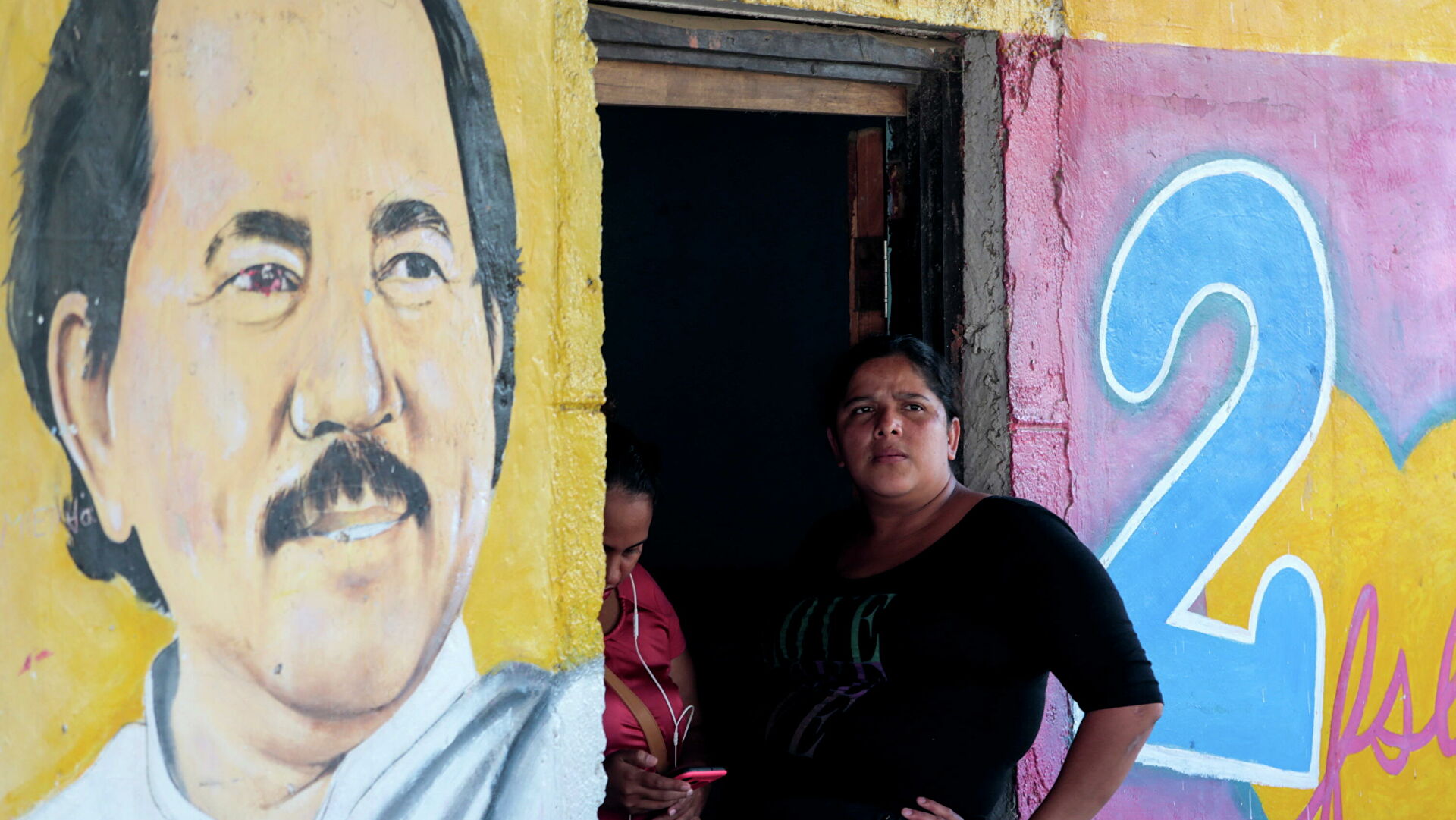
 April 8 marks the 3rd anniversary of the signing of the New Strategic Arms Reduction Treaty, also known as START-3. Signed by then-Russian President Dmitry Medvedev and his US counterpart Barack Obama in Prague on April 8, 2010, the document stipulates limiting both sides’ deployed strategic warheads to 1,550 and deployed strategic delivery systems to 700. The treaty came into effect in February 2011 and is set to last at least until 2021. Experts say that the signing of START-3 became the first serious result of the "reset” of relations between Moscow and Washington.
April 8 marks the 3rd anniversary of the signing of the New Strategic Arms Reduction Treaty, also known as START-3. Signed by then-Russian President Dmitry Medvedev and his US counterpart Barack Obama in Prague on April 8, 2010, the document stipulates limiting both sides’ deployed strategic warheads to 1,550 and deployed strategic delivery systems to 700. The treaty came into effect in February 2011 and is set to last at least until 2021. Experts say that the signing of START-3 became the first serious result of the "reset” of relations between Moscow and Washington.The New START Treaty was then ratified by the US Congress and the Russian State Duma. Many experts tout the treaty as a framework agreement to help take control of strategic nuclear arms of Russia and the United States. In terms of name, the document is a follow-up to the START-1 Treaty, which expired in December 2009. In 2002, Moscow withdrew from the START-2 Treaty after the United States officially refused to adhere to the 1972 ABM Treaty between Moscow and Washington. Vladimir Yevseyev, head of the Moscow-based Center for Social and Political Studies, comments on the matter.
"START-1 expired in 2009 and it was necessary to clinch a new framework strategic arms reduction treaty. START-2 could not be perceived as the framework agreement because it was fully based on START-1. In the long run, Moscow and Washington signed START-3 that is of paramount importance to Russian-US relations."
According to the State Department’s April 3 fact sheet, the US currently had 792 deployed land- and sea-based ballistic missiles and bombers plus 1028 total deployed/non-deployed launchers as of March 1, 2013. The figures for Russia are 492 and 900, respectively. Experts attribute the difference to the fact that Russia is actively modernizing its arsenal and is dismantling its mothballed systems.
"The future treaties should be aimed at helping launch a multilateral regime related to nuclear arms cuts, Zolotarev says, referring to China which may join the process of reducing strategic nuclear arms after Russia’s and the US’ deployed strategic warheads are limited to at least 1,000."
The world’s "nuclear club” includes Russia, the United States, China, France, Britain, India, Pakistan and North Korea, with Israel believed to be an unofficial member of the "nuclear club.” According to Carnegie Endowment for International Peace, China and France have more than 400 nuclear warheads and 350 nuclear warheads, respectively. Israel’s potential stands at 100 warheads, with India and Pakistan having less than 100 warheads each.



_jpg/250px-ElbeDay1945_(NARA_ww2-121).jpg)









